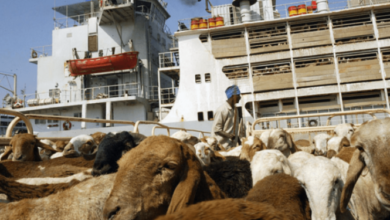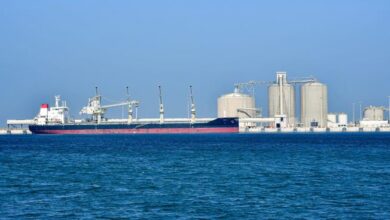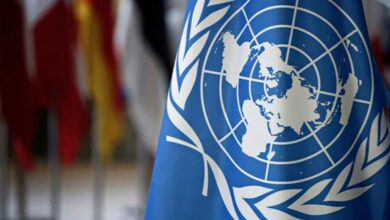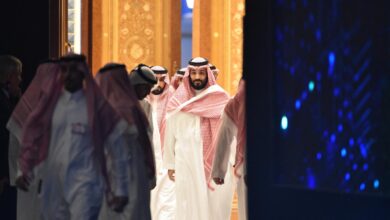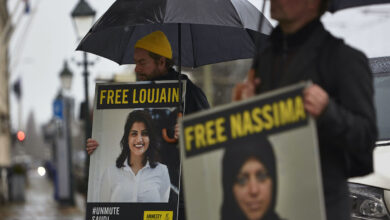Mohammed bin Salman’s economic plans in futility
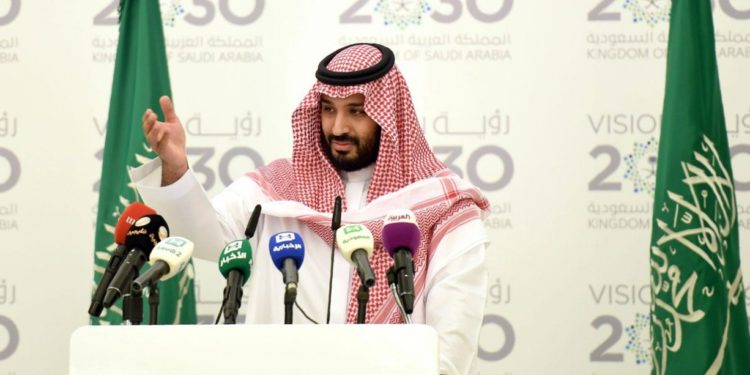
The economic crisis and record deficits in Saudi Arabia have pushed Crown Prince Mohammed bin Salman’s financial plans to the wind amid an accumulation of administrative and governmental failure.
Bin Salman will face a challenging economic balancing act next year, as the kingdom’s de facto ruler will have to cut spending on some projects related to his plan to diversify the economy. Yet, he is still trying to create jobs for his youth.
Bin Salman also faces a new administration in Washington that has indicated that it will reassess the US relationship with Riyadh, which could hinder the already weak investment in the kingdom.
The American Wall Street Journal said that bin Salman is forced to spend less next year to curb the budget deficit, which forces austerity to follow even with high oil prices.
The Saudi Ministry of Finance said it expects to reduce its budget deficit from 12% of economic output this year to 4.9% in 2021, as it cuts spending by about 7% to 990 billion Saudi riyals, equivalent to $ 264 billion. State revenues are expected to grow by about 10% to 849 billion riyals, due to higher taxes and oil revenues.
This comes as the kingdom’s oil infrastructure has been under increasing attack, threatening its ability to generate revenue. This week, a boat loaded with explosives targeted an oil tanker in the port city of Jeddah, in the latest attack on the country’s oil and gas assets.
While crude oil prices have increased by 30% since the start of last month, the International Monetary Fund expects the Saudi economy to shrink by 5.4% this year, compared to a global contraction of 4.4%.
The unemployment rate among Saudis is about 15%, according to the latest government statistics, and it is set to rise in record numbers, thus undermining all of bin Salman’s plans.
READ: Foreign workers go on strike after no wages for ten months
To boost production and help create jobs, the Saudi government is expected to rely on a sovereign wealth fund of $300 billion, whose spending has been excluded from the Finance Ministry’s budget.
Bin Salman announced last month that the Public Investment Fund would pump about $ 40 billion into the local economy next year and again in 2022.
He is betting that Public Investment Fund projects will cushion the blow of lower government spending and increase the cost of living in the kingdom.
Earlier this year, the Saudi government tripled the value-added tax rate and eliminated allowances for state employees. The government has said that many of the lesser-known projects related to bin Salman’s economic transformation have become canned.

